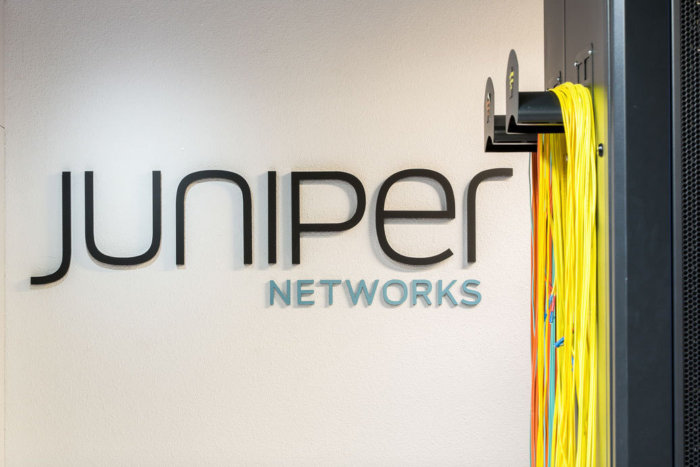FCC settlement with Wi-Fi router maker a win for open source advocates
“The Commission’s equipment rules strike a careful balance of spurring innovation while protecting against harmful interference,” said Travis LeBlanc, Chief of the Enforcement Bureau, in a statement. “While manufacturers of Wi-Fi routers must ensure reasonable safeguards to protect radio parameters, users are otherwise free to customize their routers and we support TP-Link’s commitment to work with the open-source community and Wi-Fi chipset manufacturers to enable third-party firmware on TP-Link routers.”
The FCC and TP-Link have agreed to a creative settlement that slaps the home and SMB Wi-Fi router maker with a $200K fine for violating wireless emission rules, but also requires the vendor to work with the open source community and chipset makers to allow modification of TP-Link devices.
UPDATE (8/8/16): It reads in part: “The recently executed Consent Decree between TP-Link and the FCC is strictly related to FCC power-level restrictions. While TP-Link products that were shipped/in market met FCC power levels, there was a potential that customers who changed their router settings could unintentionally manipulate power levels outside of mandated FCC regulations. TP-Link issued an Aug. 5 statement about the consent decree on its website and updated its FAQ for open source firmware. Compliant firmware was made available via the company’s website in late 2015, which we encourage customers to download and update their routers.”
The FCC last year angered those who like to install third-party firmware on their Wi-Fi routers when it proposed a rule requiring vendors to design their 5GHz radio devices in such a way that their power levels would not create interference. In fact, the FCC issued a clarification titled “Clearing the Air on Wi-Fi Software Updates” last November in response to complaints, such as from a Save WiFi campaign that popped up.
While the FCC did not force vendors to completely lock down their devices, some vendors – including TP-Link – decided to do so. Others, such as Linksys and Asus said they would work to support third-party firmware, enabling modders to extend the range of their routers or add other capabilities enabled by technologies such as OpenWrt.
In fining TP-Link, the Enforcement Bureau cited the company for marketing certain Wi-Fi routers in the U.S. with a user setting that violated Section 15.15(b) of the FCC’s rules. TP-Link has agreed to nix sales of noncompliant models and build new models in compliance.
But it’s the requirement that TP-Link work with the open source community and chipset makers that stands out in this settlement.







